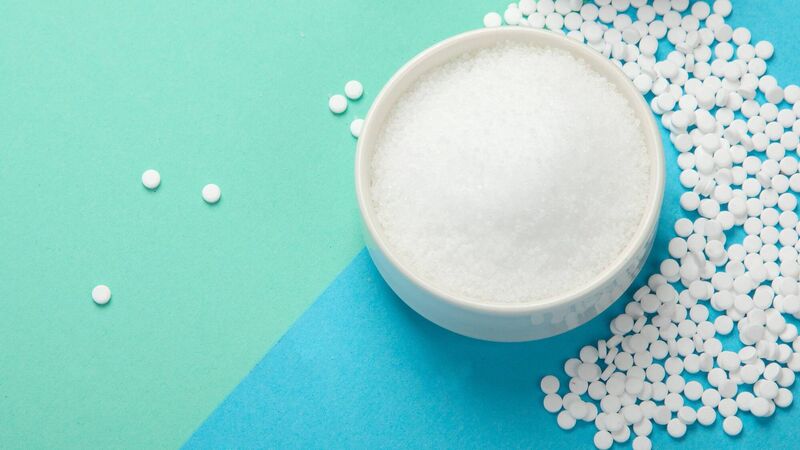What exactly are artificial sweeteners and how bad are they for our health?

How much do we know about sweeteners, and the effect they have on our health?
According to the World Health Organisation (WHO), most of us consume the equivalent of about 14 teaspoons of sugar per day.
And with most of us more conscious than ever of our daily sugar intake, artificial sweeteners and sugar substitutes have become more commonplace - you might have seen the names on the labels of products at your local supermarket: Aspartame, Saccharin, Stevia, Xylitol, amongst others.








